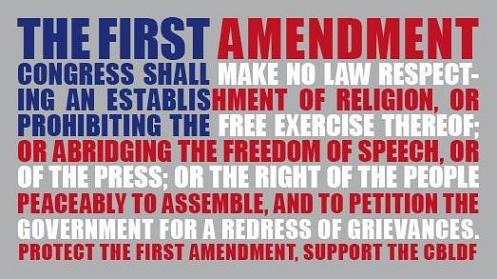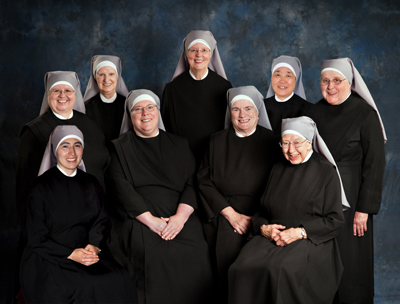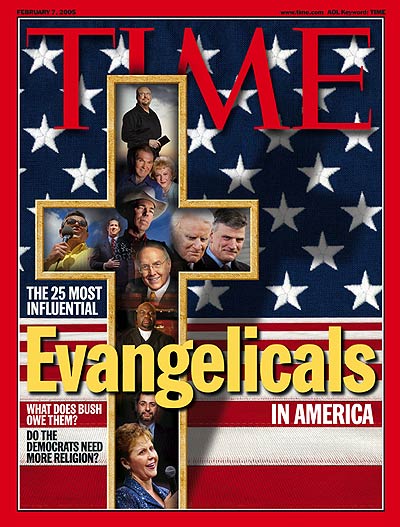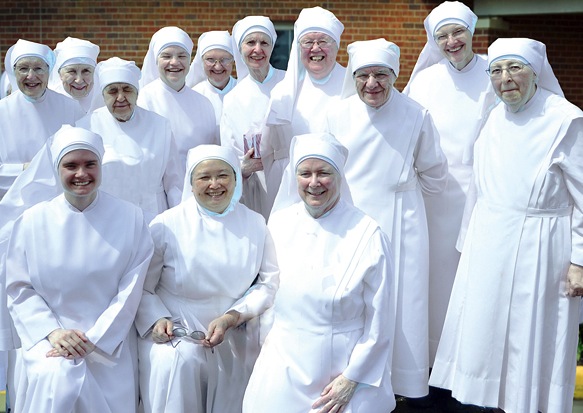It was one of the most famous First Amendment cases in American history. As the American Civil Liberties Union website notes:
One of the most noted moments in the ACLU’s history occurred in 1978 when the ACLU defended a Nazi group that wanted to march through the Chicago suburb of Skokie, Illinois where many Holocaust survivors lived. The ACLU persuaded a federal court to strike down three ordinances that placed significant restrictions on the Nazis’ First Amendment right to march and express their views. The decision to take the case was a demonstration of the ACLU’s commitment to the principle that constitutional rights must apply to even the most unpopular groups if they’re going to be preserved for everyone.
Everyone knew that this was a First Amendment case testing the limits of free speech, both literal speech and free speech in the form of symbolic actions.
Some people thought that letting the Nazis march through Skokie was a valid application of the First Amendment. Others disagreed and thought that this case crossed a line and that the First Amendment didn’t apply.
But no one doubted that this was a free speech case that raised First Amendment issues.
No one tried to argue that this was actually a “free speech” case or a “First Amendment” case. There was no need for news-media “scare quotes” implying that the conflict didn’t really center on free speech and the First Amendment.
This brings me to an interesting lede in a CNN.com piece the other day. Here is the top of the story, as it first appeared on the Internat. See anything interesting?
Washington (CNN) — The high-stakes fight over implementing parts of the troubled health care reform law will move to the U.S. Supreme Court in coming months, in a dispute involving coverage for contraceptives and “religious liberty.”
The justices agreed … to review provisions in the Affordable Care Act requiring employers of a certain size to offer insurance coverage for birth control and other reproductive health services without a co-pay. At issue is whether private companies can refuse to do so on the claim it violates their religious beliefs.
Now, hours later the wording changed.
You got it. That scare-quote formula — “religious liberty” — changed to a plain, simple factual reference to religious liberty, minus the quotation marks.
Why mention this in conjunction with the famous Skokie case?














